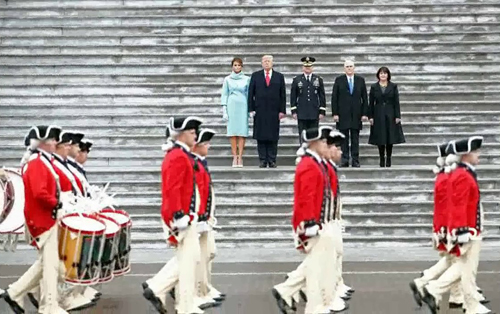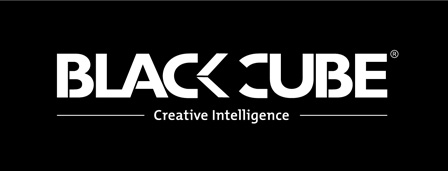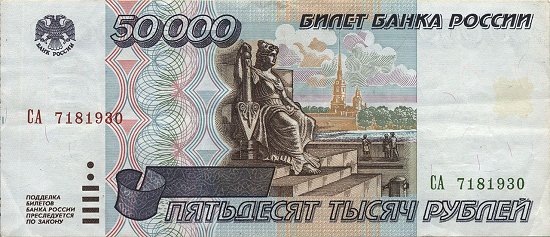You might have heard that a case against Gov. Eric Greitens was dismissed yesterday. This was the felony invasion of privacy charge that centered on a photograph Greitens allegedly took of his hairdresser-mistress without her consent. As I understand it, the prosecutors decided they didn’t have the evidence they wanted — in particular, the photograph — and asked for the case to be dropped while jury selection wasn’t yet finished, which means that double jeopardy hadn’t attached. They can reopen the case if they get more evidence.
(One of Greitens’s lawyers, Scott Rosenblum, has a reputation for being able to get anybody out of anything. He recently defended a guy indicted for murdering his neighbor. The neighbor was on his own property and unarmed, and forensic evidence showed he was on his knees when the defendant shot him in cold blood. There was a videotape of the shooting and a credible eyewitness. The jury acquited the defendant. I’m not kidding.)
Anyway, local pundits had been saying all along that the invasion of privacy case probably wouldn’t stand up, for a whole lot of reasons. But Greitens still faces a more credible charge of misusing a mailing list in his 2016 campaign for governor. That one involves misappropriation of the mailing list and tampering with computer data. Plus, the legislature is still thinking of impeaching him. They might yet do it. Greitens is, apparently, a five-alarm asshole, and even his fellow Republicans dislike him.
What I want to talk about, though, is the way Greitens and the state legislature are still working together to screw unions. Last year the legislature passed, and Greitens signed, a so-called “right to work” law that allows employees at union work sites to opt out of paying union dues. We all know how that weakens unions; I don’t need to explain it here.
Missouri might be a right-wing state, but it’s still pro-union. A petition drive got more than 300,000 signatures, putting a reforendum to repeal the law on the November ballot.
Greitens and his political cronies formed a committee called Freedom to Work that tried to get enough signatures to put a “right to work” referendum on the same ballot. In spite of spending more than $750,000, they failed to get enough signatures. Meanwhile, a number of other measures qualifed to be on the ballot without anybody having to spend that kind of money.
The Kansas City Star editorial board on May 13 explained the next move:
Last week, lawmakers resorted to Plan B: If actual voters won’t sign on to a right-to-work measure, then legislators can ram through their own proposal. There was no time to waste. The legislative session ends at 6 p. m. Friday.
In the span of a few hours Wednesday evening, two Missouri House committees gave their approval to put a right-to-work law in the state’s constitution. The bill received initial approval Friday.
I believe amending the state constitution has to be approved by a statewide vote.
… But lawmakers weren’t done yet. Also on Friday, a Senate bill to shift the union-backed referendum from November to the August ballot received approval.
The August ballot is the primary election. Obviously, the legislators are assuming fewer people will turn out, giving the popular pro-union measure less of a chance to pass. But it gets better.
It should be noted that Greitens’ nonprofit, A New Missouri Inc., was a driving force behind the right-to-work push and a big source of the money that went to Freedom to Work.
So the governor’s backers gave to the nonprofit, then saw the money transferred to Greitens’ allies in the form of payments for work on the unsuccessful right-to-work amendment.
Got that? Lots of money changed hands among friends of the governor, but they didn’t manage to gather the needed signatures.
Here is where the money trail goes dark. A New Missouri does not have to report where its funds come from, yet it donated $1.2 million in January to Freedom to Work. On Wednesday, A New Missouri gave another $500,000.
And some of the players receiving payments on the right-to-work campaign are also the same people that Greitens surely wants to keep in his corner as he goes to trial this week on a felony invasion of privacy charge and then faces down the possibility of impeachment.
The whole episode highlights how freely dark money flows across Missouri’s political landscape and how many built-in advantages lawmakers and elected officials have.
So, yes, Greitens is dirty as all get-out. And here’s the punch line, which I’m sorry is behind a subscription wall. In 2015 Joe Klein published a book titled Charlie Mike: A True Story of Heroes Who Brought Their Mission Home. From an Amazon blurb: This true story of two decorated combat veterans who find a new way to save their comrades and heal their country is “a great look at two of the best veteran organizations going and the incredible humans who make the effort work†(Jon Stewart).
Yeah, one of the heroes is Eric Greitens. Zachary Roth writes for Talking Points Memo,
In 2015, the Time magazine writer Joe Klein published his latest book, “Charlie Mike.†Named for the military slang meaning “Continue Mission,†it follows the efforts of a group of Iraq and Afghanistan veterans as they build a charity designed to help their fellow vets keep serving their country as volunteers.
The book’s central character is the charity’s founder, a former Navy SEAL named Eric Greitens, who Klein portrays as a kind of paragon of warrior-scholar virtue: physically brave, determined, and rugged, but also humble, loyal, morally upright, intellectually curious, and rigorously self-sacrificing — constantly pushing himself to do more in his quest to make the world better. Â
Klein depicted Greitens as unfailingly noble, selfless, clean, loyal, brave, reverent, etc. I actually wasn’t aware of this book until now, but it must have helped Greitens get elected governor. All I saw of him were his campaign ads of shooting up corn fields with various military weapons. Joe Klein should stop writing books.







